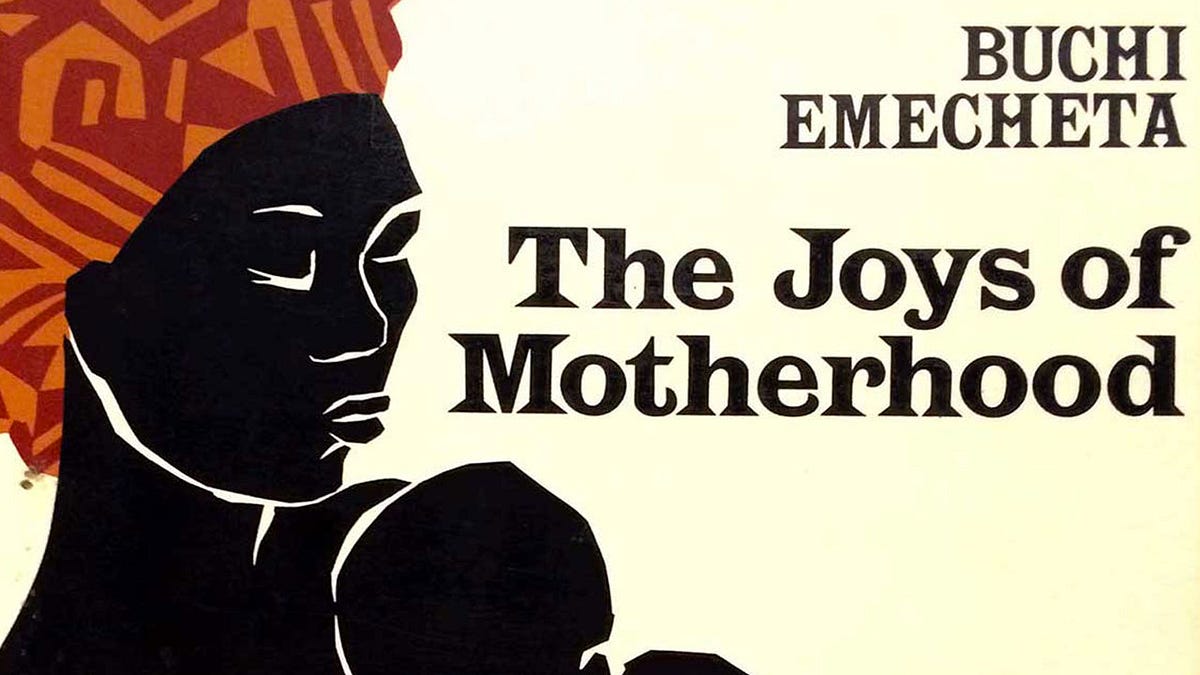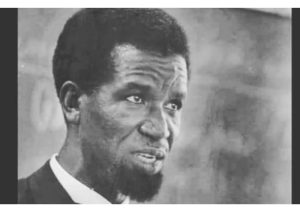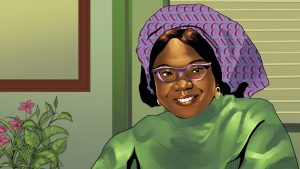Published initially in 1979, Buchi Emecheta’s The Joys of Motherhood is a thorough examination of the difficulties of motherhood within Nigerian culture. Set in colonial Lagos, the book chronicles Nnu Ego, a woman whose value and identity are tightly linked to her mothering responsibility. Emecheta digs into issues of sacrifice, cultural expectations, gender roles, and the effects of colonialism via Nnu Ego’s journey, therefore becoming the book a major work in African literature.
The Central Character: Nnu Ego
The Joys of Motherhood center on Nnu Ego. Her whole existence is clearly molded from the beginning by the expectations put on her as a lady in traditional Igbo culture. Nnu Ego’s life is anticipated to be one of luxury as she was the daughter of a rich chief; nevertheless, this hope is rapidly dashed as she deals with a sequence of personal tragedies that will define her.
The first marriage of Nnu Ego is to a guy who is unable to conceive, a circumstance that causes her immense guilt. In Igbo society, a woman’s worth is mostly derived on her capacity to have children; hence, Nnu Ego’s inability in this respect causes her marriage to fall apart. She later wed another guy, Nnaife, in Lagos, with whom she finally had numerous children. But this marriage presents unique difficulties as Nnu Ego finds it difficult to negotiate her responsibilities as a wife and mother in a foreign and fast changing metropolitan setting.
Emecheta presents a complex picture of the demands imposed on women—especially within the limitations of marriage and motherhood—through Nnu Ego’s character. Nnu Ego’s narrative is a potent reminder for young readers of the demands women experience and the compromises they are sometimes compelled to make in the name of achieving fulfilled roles.
The Illusion of Joy in Motherhood
The Joys of Motherhood is a book with a somewhat sarcastic title. Although parenthood is meant to offer pleasure and satisfaction, for Nnu Ego it is a cause of constant effort, misery, and disappointment. Poverty, marital conflict, and the continuous strain to support her children define her existence and set a sequence of challenges. Nnu Ego is ready to make any sacrifice for the sake of her children even at the expense of her own well-being as her identity is so tightly linked to her position as a mother.
The way Emecheta exposes the idea of the selfless, all-giving mother is among the most moving features of the book. Experiences of Nnu Ego expose the hard reality of motherhood, especially in a culture where women are expected to endure the most of child-rearing and household duties without protest. Nnu Ego works nonstop, but her sacrifices are often greeted with ingratitude and apathy by her children, who grow up to follow their own paths, therefore leaving her feeling neglected and undervalued.
For young readers, this topic questions the idealized concept of motherhood that is often presented in media and literature. It forces us to consider closely the emotional and physical toll society expects of moms as well as the expectations themselves.

Cultural Expectations and Gender Roles
The investigation of cultural expectations and gender roles within traditional Igbo culture comes across as a prominent motif in The Joys of Motherhood The capacity of Nnu Ego to carry offspring, especially male children viewed as the heirs of the family name and lineage, determines her value as a woman mostly. There is great pressure to fit these cultural standards, and Nnu Ego’s identity is totally formed by her mothering duties.
Emecheta also juxtaposes the relative independence males experience with the demands imposed on women. Nnu Ego is limited by her obligations to her husband and children; her husband, Nnaife, is free to follow his own interests including a second wife. This uneven dynamic emphasizes the patriarchal framework of Igbo culture, in which women’s life are often determined by their interactions with males.
The book also addresses how colonization affects conventional roles for women. Men’s and women’s conventional roles start to change as Lagos absorbs Western ideas and economic systems more and more. For instance, Nnaife’s job as a worker for a white man questions his authority as the head of the home, which causes strife among the family.
Emecheta’s examination of cultural expectations and gender roles gives young readers an analysis of the ways in which these roles are created and how they affect people’s life. It invites readers to ponder how these positions may be questioned or changed as well as to doubt their justice.
The Impact of Colonialism
Set against colonial Nigeria, The Joys of Motherhood deftly weaves the consequences of colonialism into the fabric of the narrative. The book shows how colonization disturbs established patterns of life and results in social, economic, and cultural changes that profoundly affect Nnu Ego and her family.
The declining of conventional community ideals is among the most important consequences of colonialism in the book. In pre-colonial Igbo civilization, child-rearing was a shared task with extended family members and the larger community greatly influencing the raising of children. But in the colonial metropolis of Lagos, this social support network is mostly lacking, hence Nnu Ego is left to bear motherhood alone.
Living in a colonial metropolis also drives Nnu Ego and Nnaife to take on new duties and obligations under financial constraints. The fight of Nnu Ego to support her children in a culture fast changing emphasizes the ways in which colonization disturbs conventional gender norms and generates new difficulties for African women.
The book’s examination of colonialism gives young readers a better awareness of the historical background in which the narrative is situated. It offers a chance to consider the long-lasting effects of colonialism on African cultures as well as the manner in which these effects still define people’s life now.
The Ending: A Reflection on Sacrifice and Legacy
The Joys of Motherhood ends are sad but very moving. Far from the family Nnu Ego devoted her life to, she dies alone on the highway after a lifetime of sacrifice. She is hardly recognized with thanks or respect even though she works nonstop to support her kids. Rather, her kids go on with their life, erasing Nnu Ego’s memory into oblivion.
This finale offers a poignant reflection on the thankless nature of parenthood and the manner in which women’s contributions are often disregarded or forgotten. It also captures the more general ideas of identity, gender, and the effect of society expectations on personal life throughout the book.
The finale of the book is a somber reminder for young readers of the need of appreciating the efforts of women—especially mothers—in society. It invites readers to contemplate how we may build a more fair and equitable society for future generations as well as how we recognize and remember those who have given their lives for us.
Conclusion: The Legacy of The Joys of Motherhood
Although readers of all ages will still find resonance in The Joys of Motherhood, young people especially should find great relevance in it. By means of the narrative of Nnu Ego, Buchi Emecheta presents a potent investigation of the complexity of motherhood, the influence of cultural expectations, and the long-lasting consequences of colonialism on African civilizations.
For young readers, the book offers a unique chance to interact with ideas of gender, identity, and social justice in a manner that is both provocative and profoundly emotional. Emecheta’s work asks us to consider our own routes in life, to question the roles society assigns to us, and to honor the sacrifices made by those who came before us.
Examining The Joys of Motherhood will help you to see it as a reflection on the larger hardships and victories of women in society rather than as a narrative about the lives of one lady. This book challenges you to examine how you may help to build a more fair and equal future for everyone by means of critical analysis of the surroundings.




